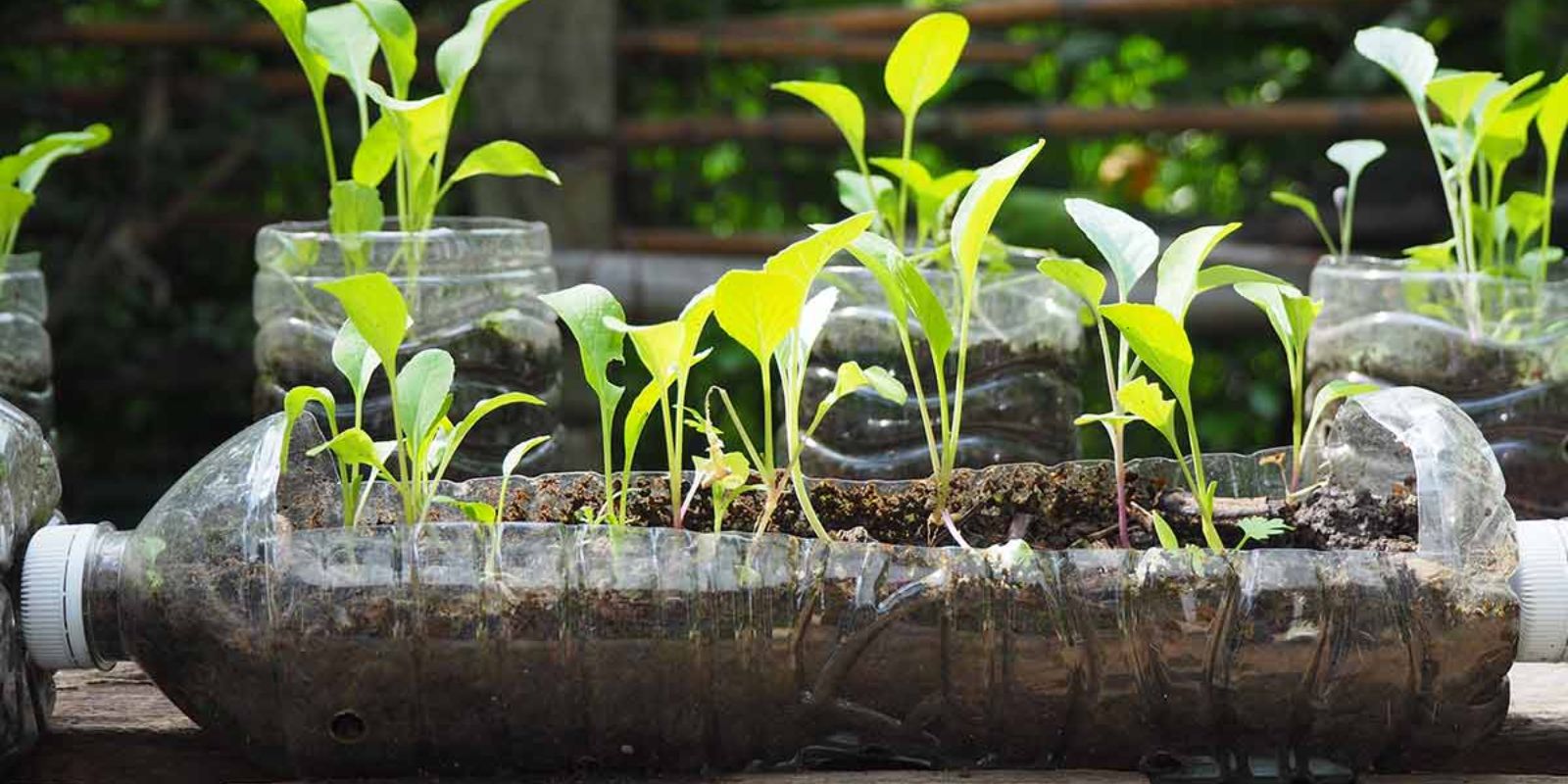Introduction
In today’s world, where environmental concerns are increasingly pressing, adopting sustainable gardening practices is not just a trend but a necessity. Sustainable gardening allows gardeners to enjoy the beauty and productivity of their gardens while minimizing their impact on the planet. By focusing on eco-friendly methods, gardeners can conserve resources, enhance biodiversity, and create healthier ecosystems in their own backyards. This article explores practical and effective sustainable gardening practices that can transform your garden into an eco-friendly haven.
1. Choose Native Plants
One of the most significant steps in sustainable gardening is selecting native plants. Native plants are adapted to your local climate and soil conditions, which means they require less water, fertilizer, and pesticides compared to non-native species. Additionally, native plants provide vital habitats and food sources for local wildlife, including birds, bees, and butterflies.
Benefits:
- Reduced Water Usage: Native plants are adapted to local rainfall patterns, making them drought-resistant.
- Lower Maintenance: These plants are resilient and require less attention than exotic species.
- Enhanced Biodiversity: Native plants support local ecosystems and promote a balanced environment.
2. Practice Composting
Composting is a cornerstone of sustainable gardening. By composting kitchen scraps, yard waste, and other organic materials, you can create nutrient-rich compost that enhances soil health and reduces the need for synthetic fertilizers. Composting also helps to divert organic waste from landfills, where it would otherwise contribute to greenhouse gas emissions.
How to Compost:
- Select a Compost Bin: Choose a bin that suits your space and needs, whether it’s a tumbling composter, a simple pile, or a bin with a lid.
- Add Organic Materials: Include fruit and vegetable scraps, coffee grounds, eggshells, grass clippings, and leaves.
- Maintain the Pile: Turn the compost regularly to aerate it and speed up decomposition. Keep the pile moist but not soggy.
3. Use Organic Pest Control
Organic pest control methods are essential for maintaining a healthy garden without resorting to harmful chemicals. By using natural predators and organic solutions, you can manage pests effectively while preserving beneficial insects and maintaining soil health.
Organic Pest Control Methods:
- Beneficial Insects: Introduce ladybugs, lacewings, and predatory mites that feed on common garden pests.
- Neem Oil: This natural oil disrupts the life cycle of many pests and can be used as a repellent.
- Homemade Sprays: Create your own pest-repelling sprays using ingredients like garlic, chili, or soap.
4. Water Wisely
Water conservation is a critical aspect of sustainable gardening. Efficient watering practices ensure that your plants receive the moisture they need without wasting water. Implementing water-saving techniques can significantly reduce your garden’s water consumption.
Watering Tips:
- Drip Irrigation: Install a drip irrigation system to deliver water directly to the plant roots, minimizing evaporation and runoff.
- Rainwater Harvesting: Collect and use rainwater from gutters and downspouts. Store it in barrels for use during dry periods.
- Watering Schedule: Water your garden early in the morning or late in the evening to reduce evaporation.
5. Implement Mulching
Mulching is a versatile and effective practice that benefits both your plants and the environment. By covering the soil around your plants with organic mulch, you can improve soil health, conserve moisture, and reduce weed growth.
Types of Mulch:
- Organic Mulch: Includes materials like straw, wood chips, leaves, and grass clippings. Organic mulch decomposes over time, adding nutrients to the soil.
- Inorganic Mulch: Options such as gravel or landscape fabric can help control weeds and retain moisture.
6. Grow Your Own Seeds
Starting plants from seeds rather than purchasing nursery plants is a sustainable choice that reduces plastic waste and allows you to grow a wider variety of plants. Seed starting also gives you control over the growing conditions and ensures that your plants are free of synthetic chemicals.
Steps for Seed Starting:
- Select Seeds: Choose seeds that are suited to your climate and growing season.
- Prepare Seed Trays: Use biodegradable or reusable trays and fill them with a quality seed-starting mix.
- Provide Light and Warmth: Place seedlings under grow lights or in a sunny location, and maintain appropriate temperatures for germination.
7. Reduce Lawn Area
Traditional lawns require significant water, fertilizer, and maintenance. By reducing the size of your lawn and replacing it with alternative ground covers or garden beds, you can decrease resource use and create more habitat for wildlife.
Alternatives to Lawn:
- Ground Covers: Consider planting low-maintenance ground covers such as clover, creeping thyme, or sedum.
- Garden Beds: Convert lawn areas into vegetable or flower beds to increase the productivity and ecological value of your garden.
8. Conserve Energy
Energy conservation is another crucial aspect of sustainable gardening. By using energy-efficient tools and solar-powered features, you can reduce your garden’s carbon footprint and lower your energy bills.
Energy-Saving Tips:
- Solar-Powered Lights: Use solar-powered garden lights to illuminate pathways and features without consuming electricity.
- Efficient Tools: Invest in energy-efficient garden tools and equipment to minimize energy use.
Conclusion
Sustainable gardening practices offer a multitude of benefits for both the environment and your garden. By choosing native plants, practicing composting, using organic pest control, watering wisely, implementing mulching, growing your own seeds, reducing lawn areas, and conserving energy, you can create a thriving and eco-friendly garden. Embrace these practices to make a positive impact on the planet while enjoying a beautiful and productive garden.
Motivation:
Transform your garden into a green oasis and make a positive impact on the environment with these sustainable gardening practices! Start today and enjoy the benefits of a thriving, eco-friendly garden.
Hashtags: #SustainableGardening #EcoFriendlyGarden #GreenLiving #OrganicGardening #GardenTips #HomeGardening #EcoFriendlyLiving

